The Environmental Impact of Epoxy Flooring: What You Should Know
The Environmental Impact of Epoxy Flooring
Epoxy flooring is known for its durability and resilience, making it a popular choice for both industrial and commercial spaces. But how environmentally friendly is it? At Bluehawk Industrial Coatings, we’re committed to educating our clients on the eco-friendly aspects of epoxy flooring and helping you make informed choices. Let’s take a look at the environmental impact of epoxy and how it aligns with sustainability goals.
Eco-Friendly Aspects of Epoxy Flooring Solutions
Epoxy flooring offers several eco-friendly features that make it a more sustainable option than some traditional flooring choices. Below, we’ll explore the sustainable aspects of epoxy flooring and considerations for minimizing its environmental footprint.
1. Longevity Reduces Waste
One of the most eco-friendly attributes of epoxy flooring is its long lifespan. Epoxy coatings, when installed and maintained properly, can last for many years—sometimes even decades—without needing to be replaced. This longevity means fewer resources are required over time, making it a sustainable investment for facilities that prioritize environmental responsibility.
Key Benefits:
- Durability: Resists wear and tear, reducing the need for frequent replacements.
- Less Material Waste: Fewer replacements mean less discarded material, lowering overall environmental impact.
- Reduced Maintenance Needs: Minimal upkeep reduces the frequency of chemical cleaning products used over the floor’s life.
2. Lower VOC Emissions
Volatile Organic Compounds (VOCs) are a concern for many building materials, including some types of flooring. Epoxy flooring has come a long way in reducing VOC emissions, especially with the development of water-based and low-VOC epoxy products.
VOC Reduction Advantages:
- Healthier Indoor Air Quality: Low-VOC products release fewer harmful chemicals, creating a safer environment.
- Eco-Friendly Epoxy Options: Many modern epoxy products, including those used by Bluehawk, are designed to minimize VOC output.
- Regulatory Compliance: Many eco-conscious epoxy options meet environmental regulations, reducing your facility’s overall environmental footprint.
3. Energy Efficiency with Reflective Surfaces
Epoxy flooring’s reflective properties are an often-overlooked eco-friendly feature. Reflective floors help brighten spaces by bouncing light around the room, reducing the need for artificial lighting and saving energy.
Reflective Surface Benefits:
- Reduced Energy Costs: Reflective epoxy floors can reduce lighting costs by amplifying natural and artificial light.
- Lower Carbon Footprint: Less energy consumption translates to a lower carbon footprint for the building.
- Enhanced Workplace Visibility: Brighter spaces improve safety and reduce strain on employees’ eyes, creating a better work environment.
4. Chemical and Water Resistance Minimizes Environmental Impact
Epoxy floors are highly resistant to chemicals and water, which reduces the likelihood of contaminants leaching into the soil or water systems. This feature is especially beneficial for facilities that use or store chemicals, as spills can be cleaned up easily without the chemicals seeping into the flooring.
Environmental Protection Aspects:
- Spill Containment: Epoxy’s non-porous nature prevents harmful chemicals from seeping into the ground.
- Water Conservation: Minimal need for water-intensive cleaning reduces water usage over time.
- Safe Disposal: When properly maintained, epoxy floors remain in use longer, lessening the environmental impact of disposal or replacement.
5. Recyclability and End-of-Life Considerations
While epoxy is not biodegradable, some types of epoxy flooring can be recycled or repurposed after its lifespan, which helps reduce the environmental impact associated with disposal. Bluehawk offers epoxy products that can be safely removed and recycled, making the end-of-life phase more environmentally responsible.
End-of-Life Benefits:
- Recyclable Options: Some epoxy materials can be repurposed or recycled, preventing them from ending up in landfills.
- Eco-Friendly Disposal Practices: Many modern epoxy products are engineered with less harmful ingredients, making disposal safer.
- Resurfacing Possibilities: Instead of removing the epoxy entirely, some floors can be resurfaced, extending their life further.
Choosing Environmentally Conscious Epoxy Flooring with Bluehawk Industrial Coatings
At Bluehawk Industrial Coatings, we’re committed to providing epoxy flooring solutions that align with today’s sustainability standards. From low-VOC options to reflective finishes that save on energy, our eco-friendly epoxy products are a great choice for facilities aiming to reduce their environmental impact.
When you’re ready to make a flooring choice that’s both durable and eco-conscious, contact Bluehawk Industrial Coatings to learn more about our environmentally friendly epoxy solutions.

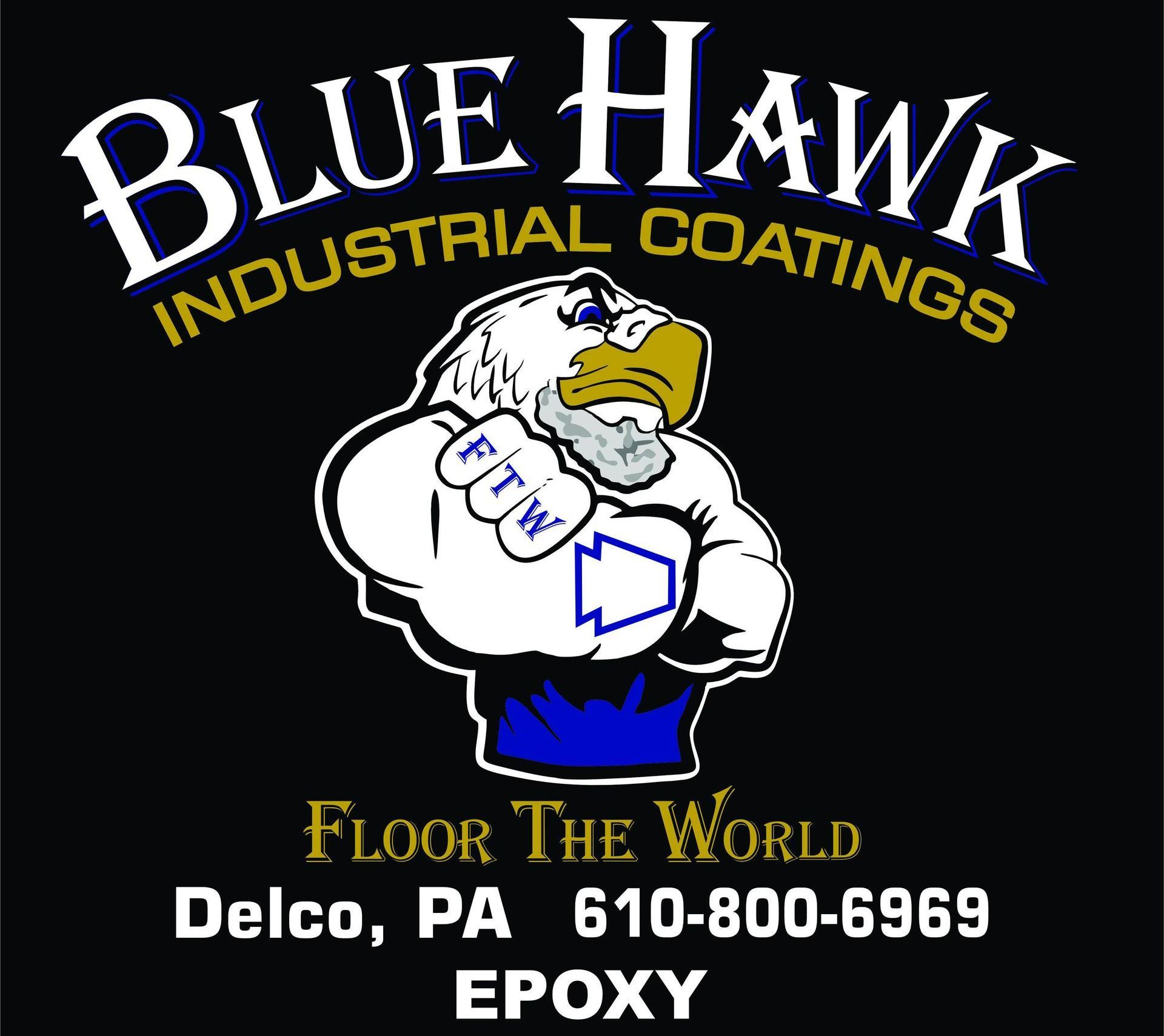
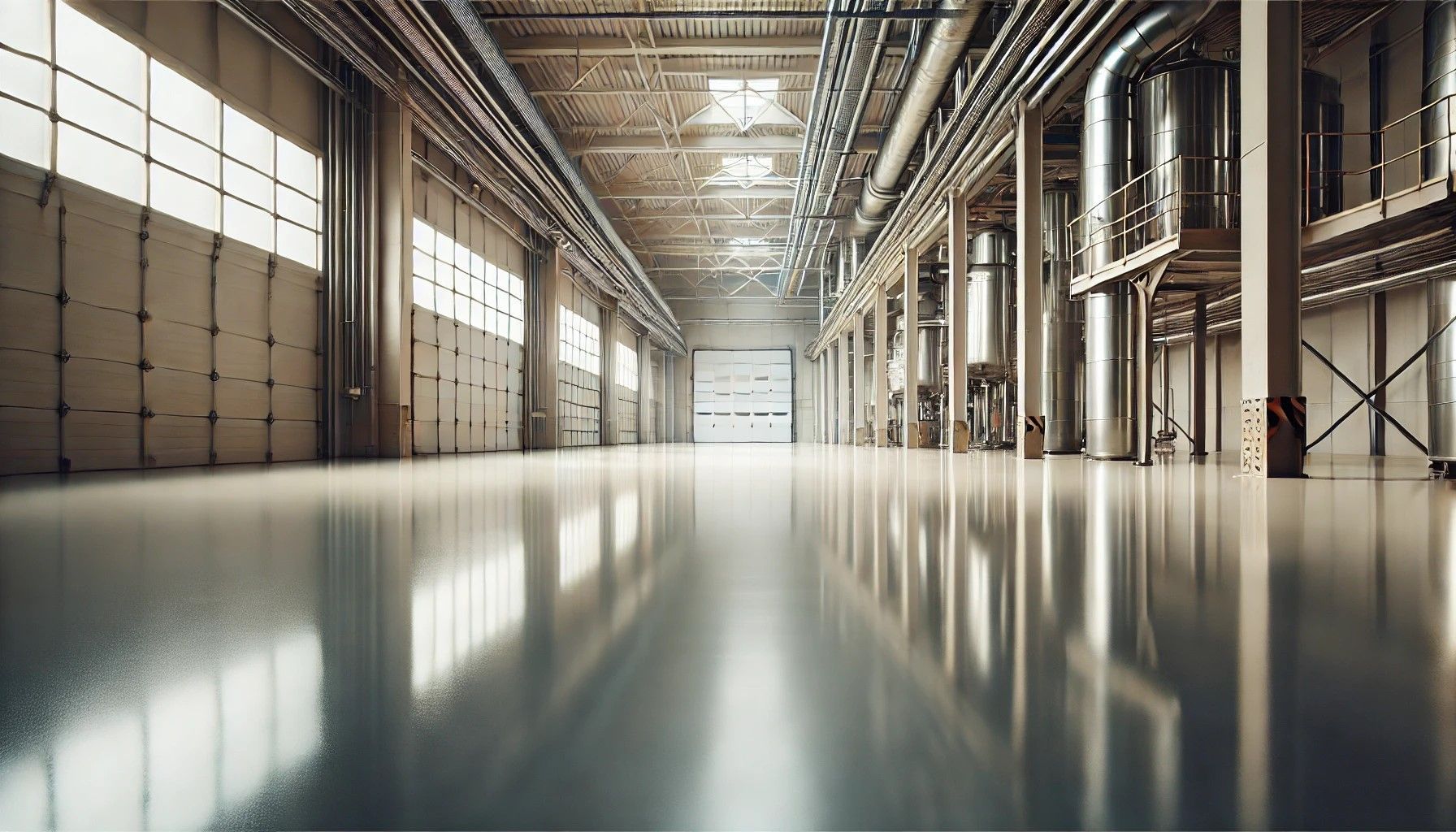

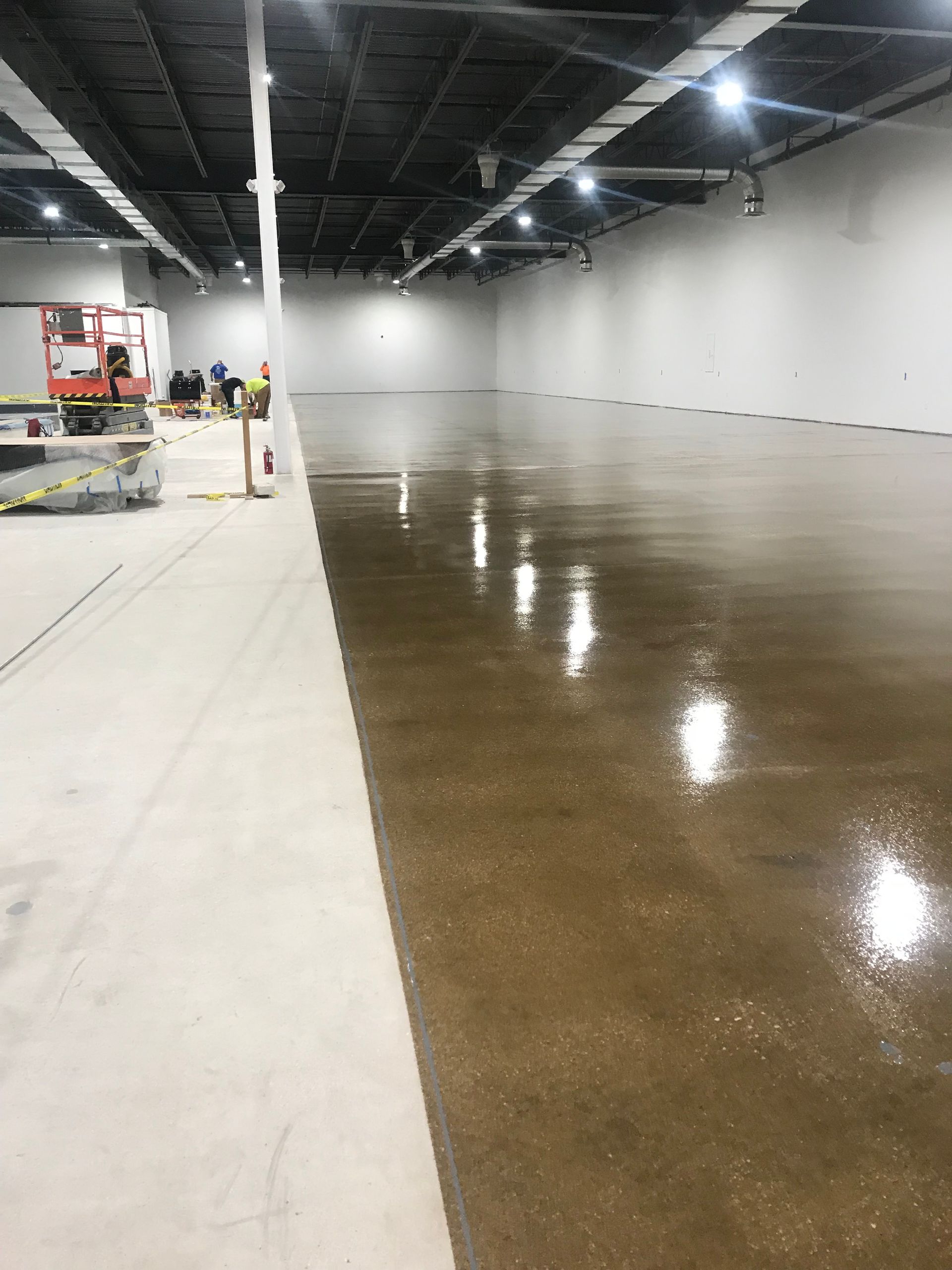
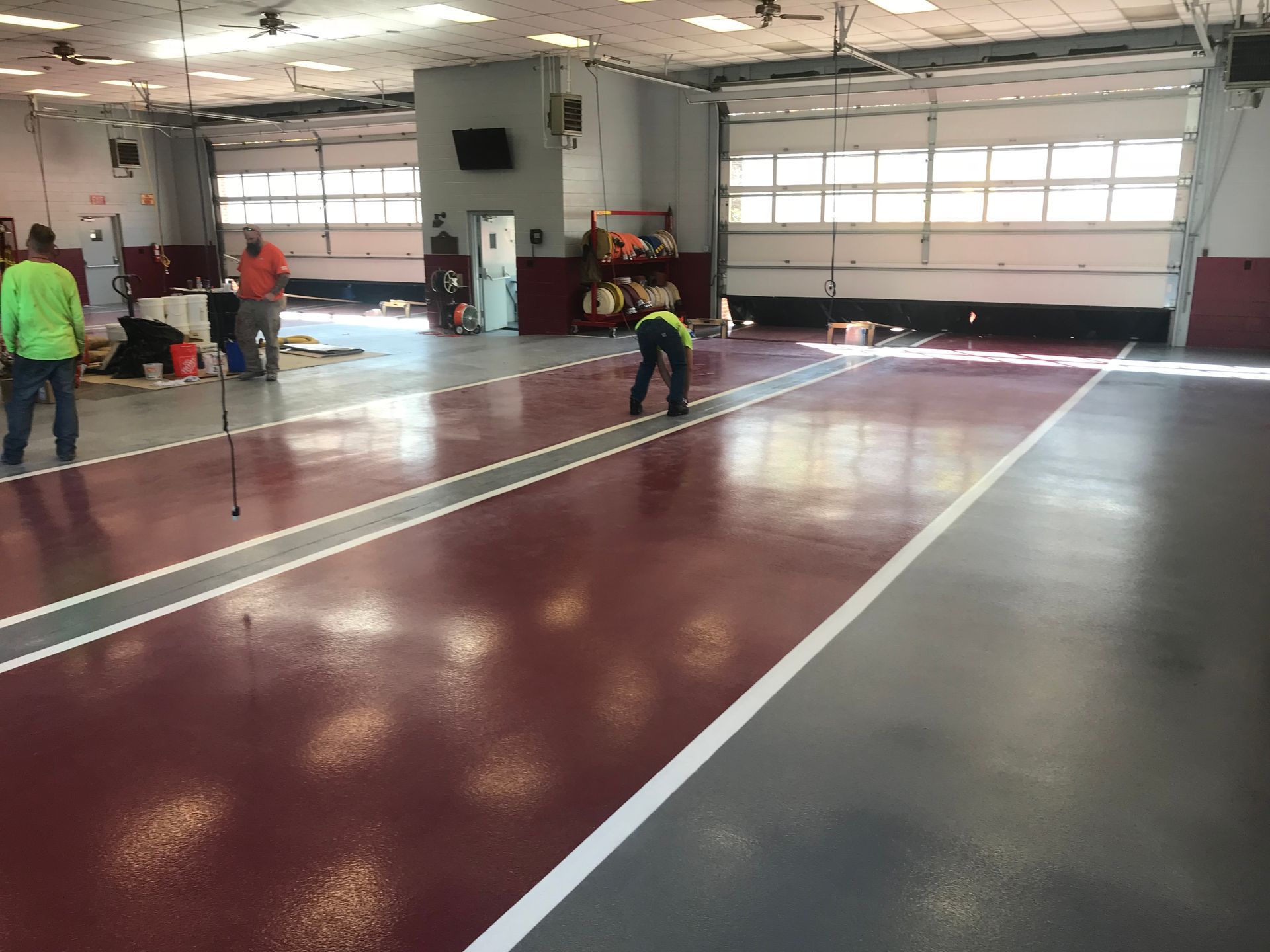
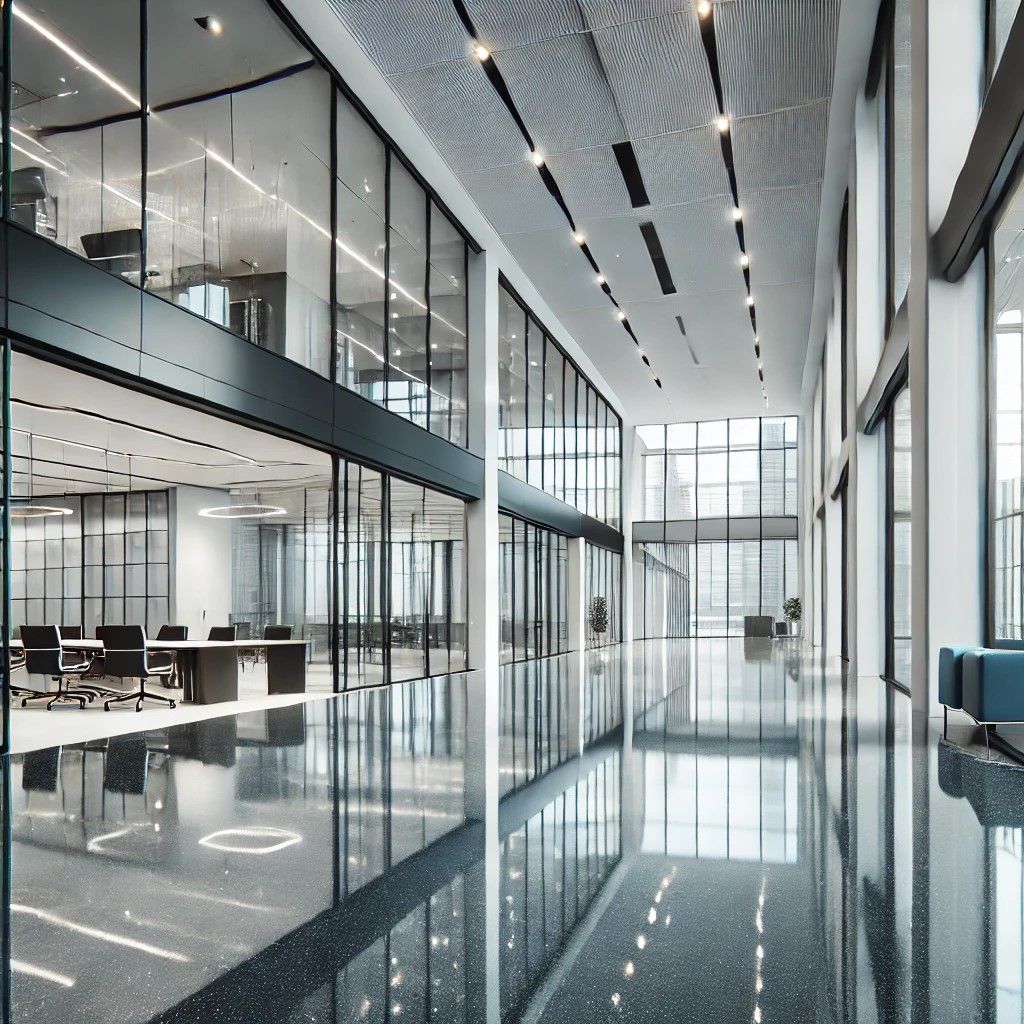
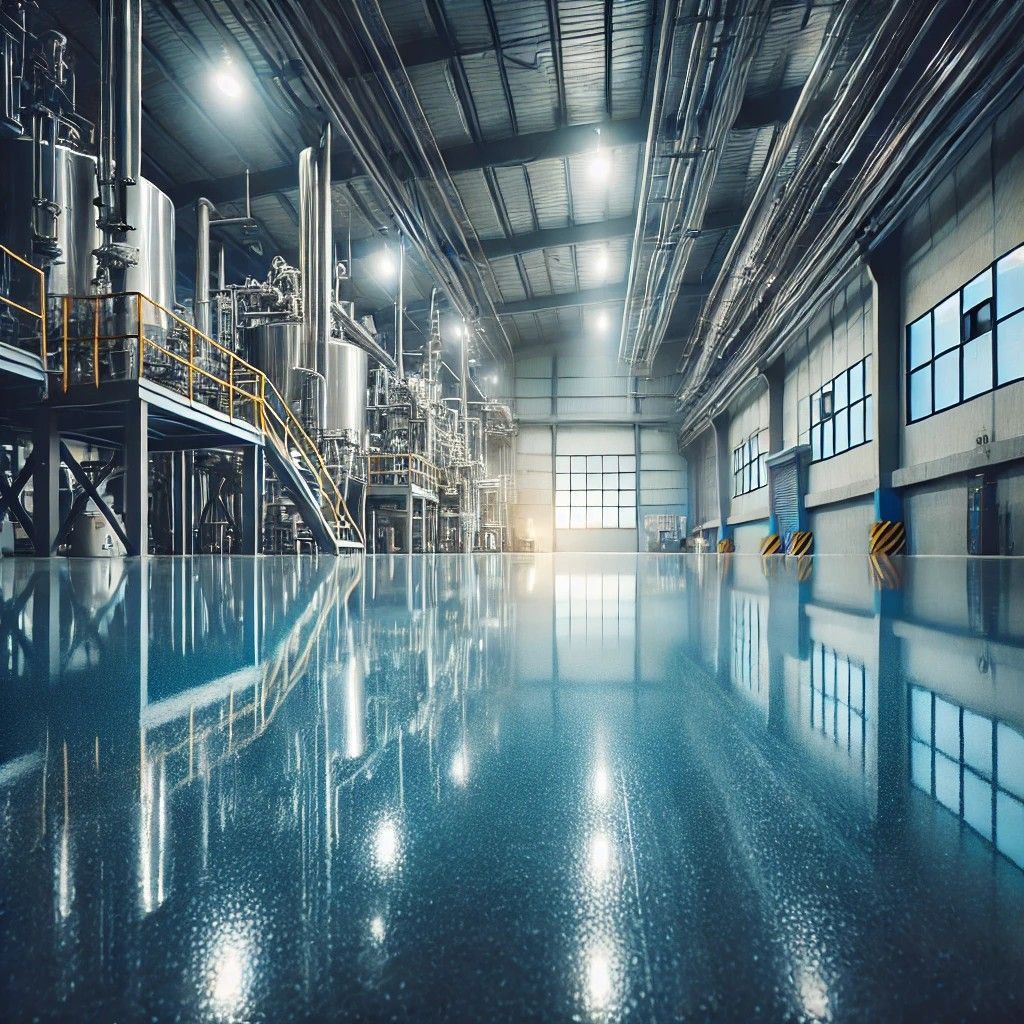
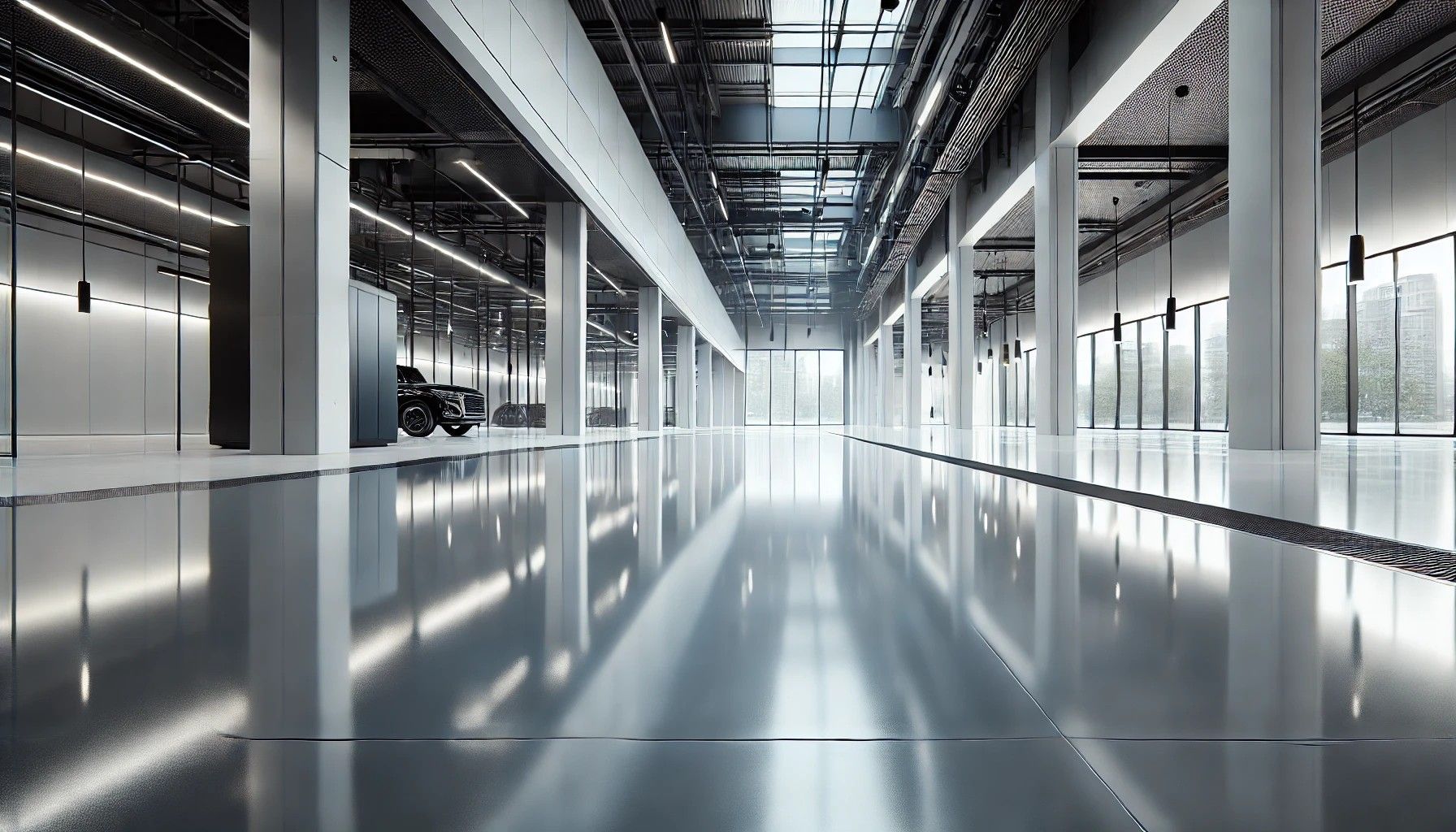
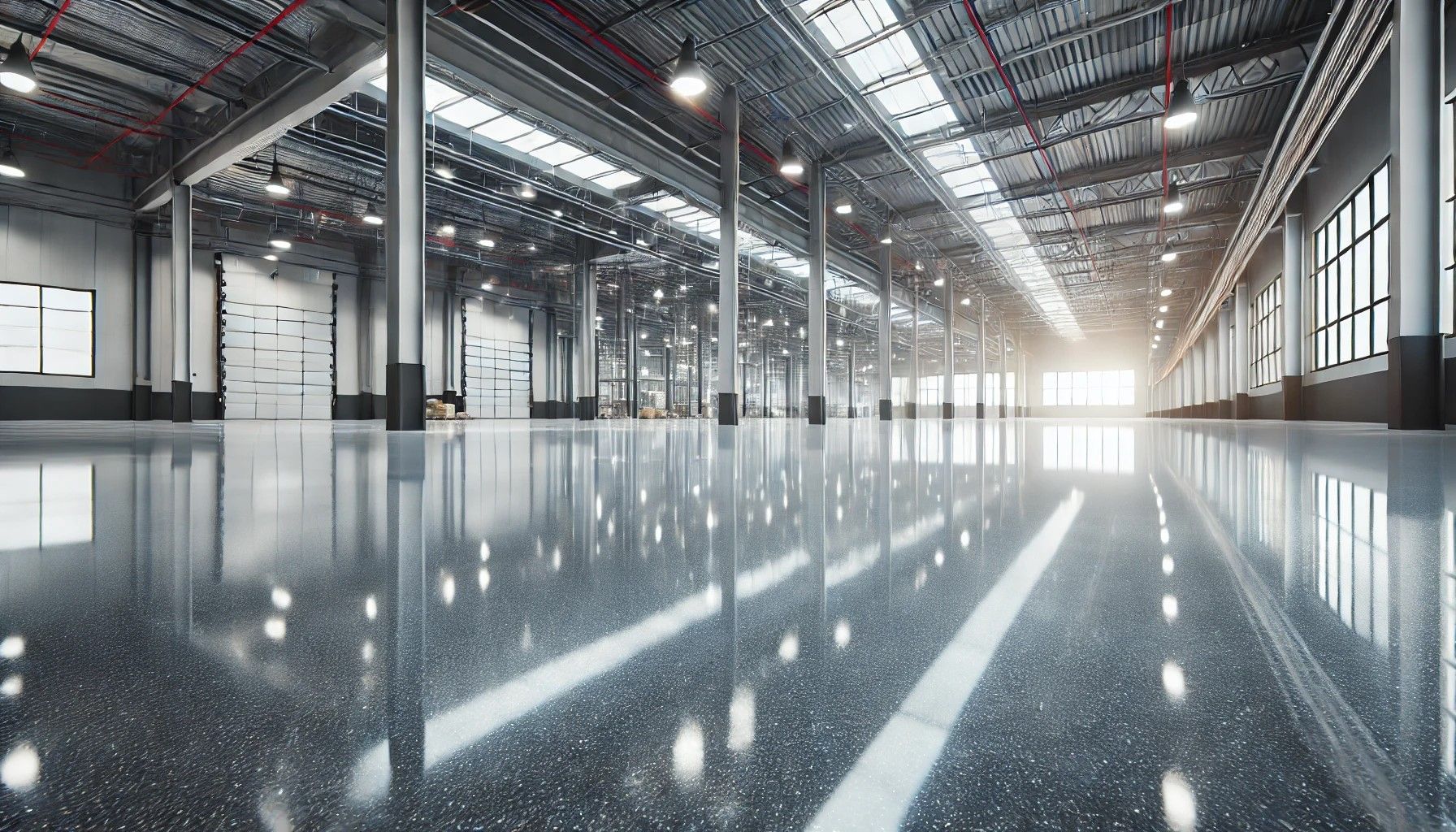

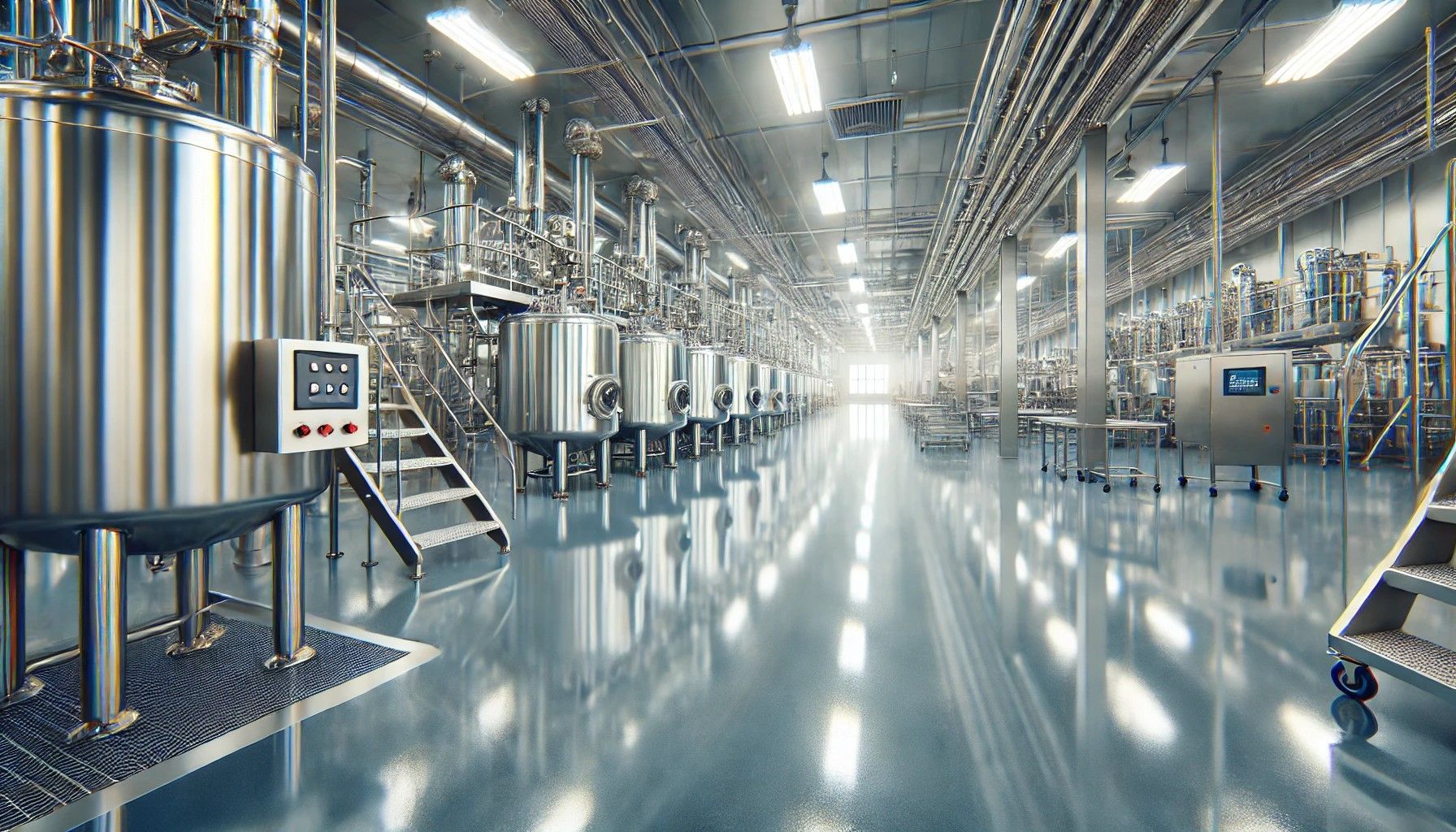
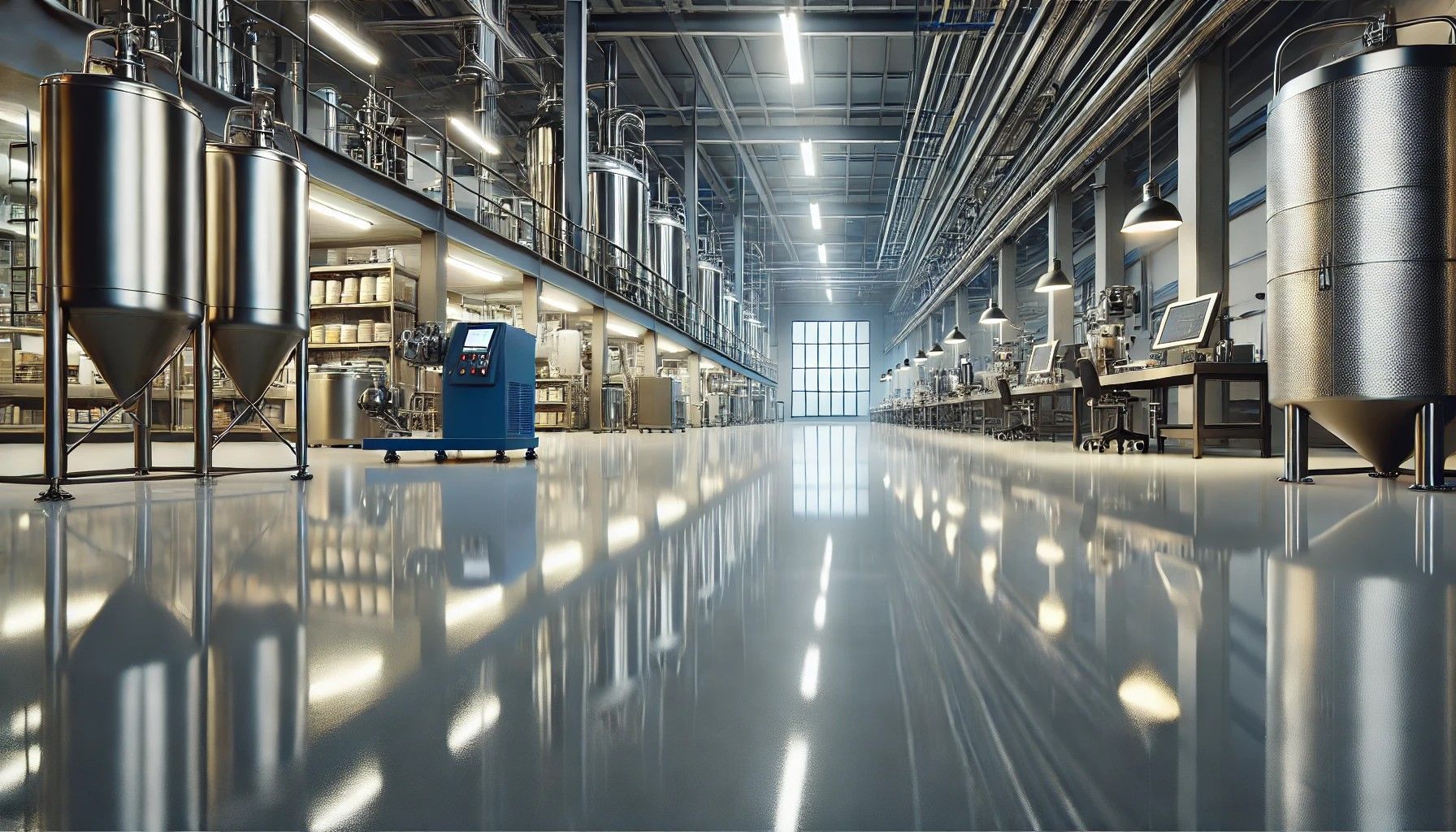
Share On: